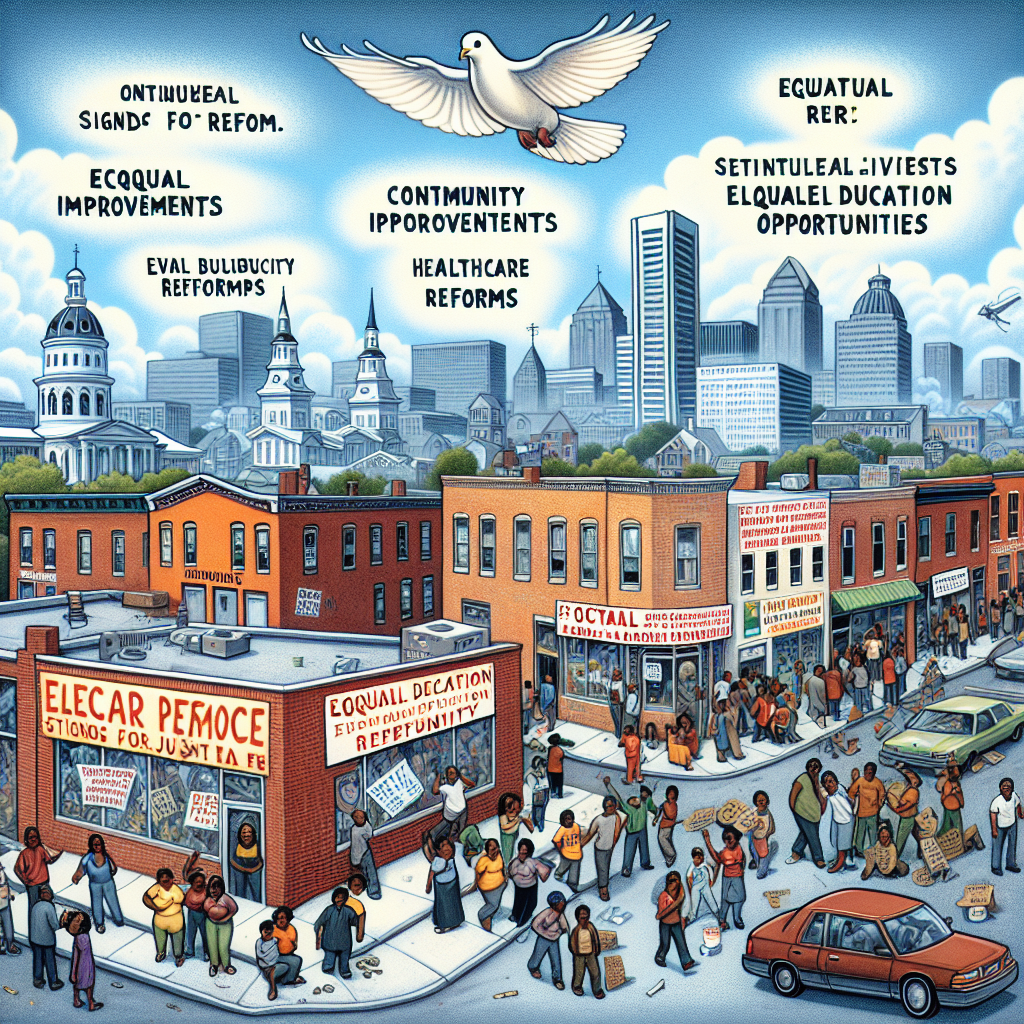A Decade After Freddie Gray: Ongoing Calls for Reform and Equity in Baltimore
A Decade After Freddie Gray: Ongoing Calls for Reform and Equity in Baltimore
Background
In 2015, the death of Freddie Gray, a 25-year-old African American man, while in police custody sparked widespread protests and highlighted systemic issues within Baltimore’s law enforcement and justice system. A decade later, the city continues to grapple with calls for reform and equity.
Key Issues
- Police Reform: Despite some progress, there are ongoing demands for comprehensive changes in policing practices to ensure accountability and transparency.
- Economic Disparities: Baltimore faces significant economic challenges, with many communities still experiencing high levels of poverty and unemployment.
- Community Trust: Building trust between law enforcement and the community remains a critical issue, with efforts focused on improving communication and collaboration.
Progress and Challenges
Over the past decade, Baltimore has seen some advancements, including the implementation of body cameras for police officers and the establishment of oversight committees. However, challenges persist, particularly in addressing the root causes of inequality and ensuring sustainable change.
Community Initiatives
Local organizations and activists continue to play a vital role in advocating for reform and supporting affected communities. Initiatives focus on:
- Providing educational and employment opportunities
- Promoting mental health and wellness programs
- Encouraging civic engagement and participation
Conclusion
A decade after Freddie Gray’s death, Baltimore remains at a crossroads. While some progress has been made, the city continues to face significant challenges in achieving true reform and equity. Ongoing efforts from both the government and community organizations are crucial in driving meaningful change and ensuring a more just and equitable future for all residents.




































